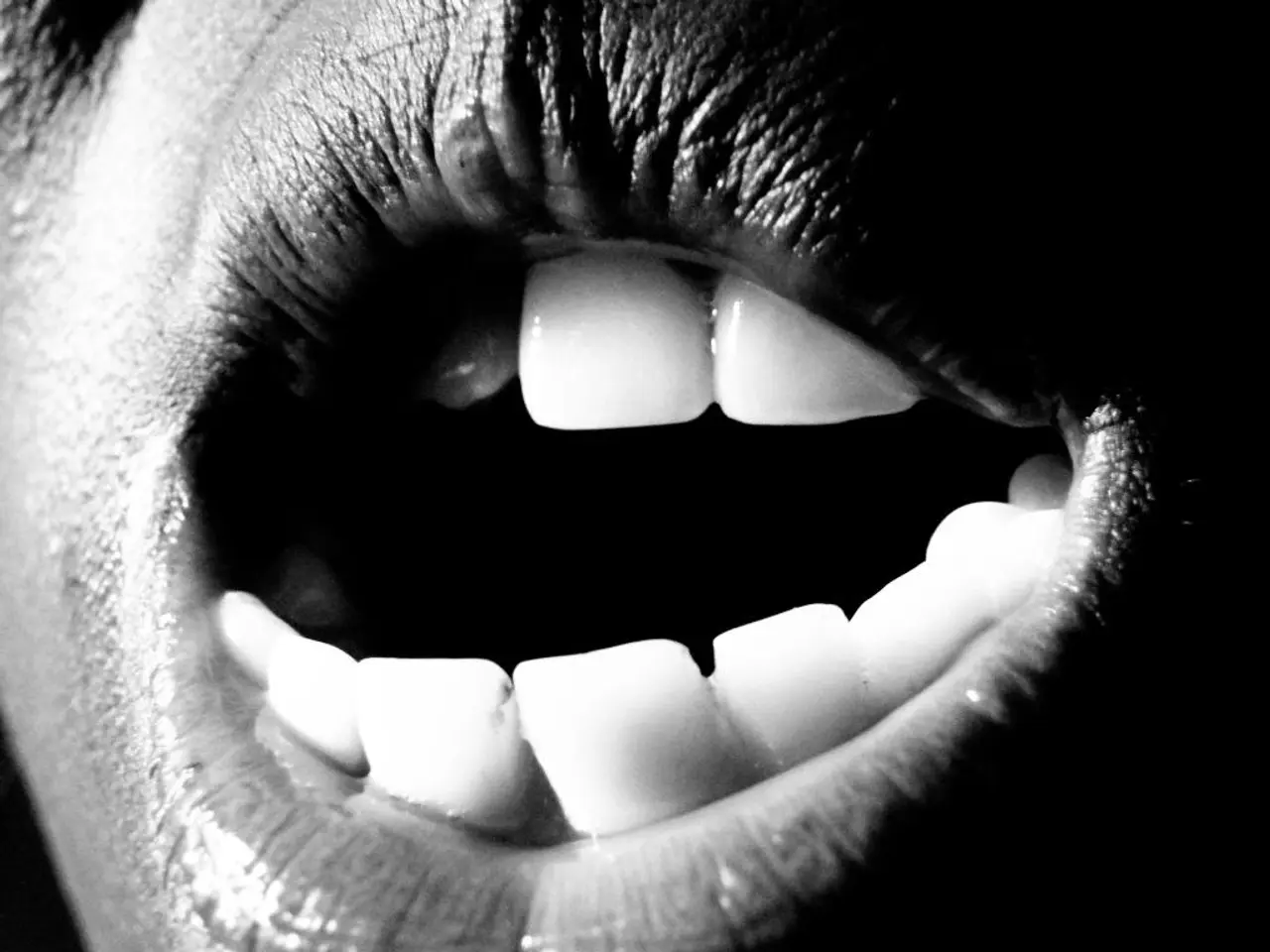Can Using Mouth Tape During Sleep Be Considered Safe?
In a recent statement, Dr. Brian Chen, a pediatric sleep medicine specialist, has clarified that mouth taping is not part of his current practice to treat any sleep disorder. The practice, which has gained popularity due to a viral TikTok trend, is not generally considered a safe or well-established long-term treatment for snoring or sleep apnea.
While some limited studies suggest it may slightly reduce snoring for people with mild obstructive sleep apnea by encouraging nasal breathing, there is insufficient scientific evidence supporting its broad safety or effectiveness. Potential risks and concerns with mouth taping include worsening sleep apnea or airway obstruction, difficulty breathing or asphyxiation risk, skin irritation or discomfort caused by the adhesive tape, and disrupted sleep or increased mouth puffing when the body tries to compensate.
Because of these potential dangers, experts strongly advise consulting a doctor before trying mouth taping, particularly for those with diagnosed or suspected sleep apnea and breathing difficulties. Instead, they recommend addressing underlying causes such as nasal congestion, allergies, or anatomical obstructions with medications or treatments, lifestyle changes like weight loss, changing sleep positions, reducing alcohol intake, and avoiding sedatives.
Other safer alternatives for treating snoring and related conditions include the use of nasal strips or dilators to improve nasal airflow, continuous positive airway pressure (CPAP) therapy for moderate to severe sleep apnea, and in some cases, dental devices or surgery recommended by specialists.
In summary, while mouth taping might help a small subset of individuals with mild snoring issues, it poses non-negligible safety risks and lacks strong scientific validation. Professional evaluation and using proven treatments targeting the root causes of snoring and sleep-disordered breathing are safer and more effective for long-term relief. It is crucial to consult with a healthcare professional before trying mouth taping as a solution for snoring or sleep issues.
Engaging in mouth taping for sleep disorders is not advocated by the health-and-wellness community, with numerous potential risks including worsening health issues. In light of this, it's advisable to seek advice from a doctor for safe and effective treatments, such as medications, lifestyle changes, or professional therapies like CPAP machines or dental devices.




